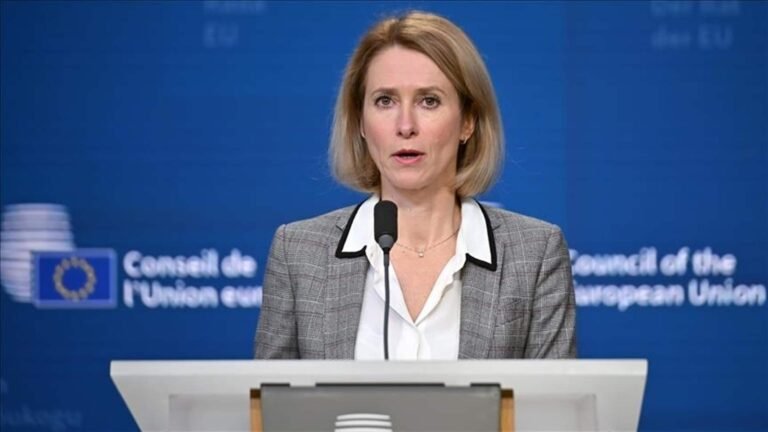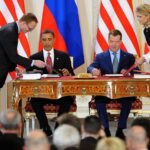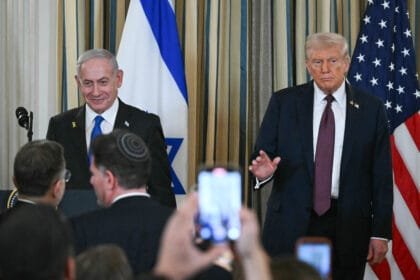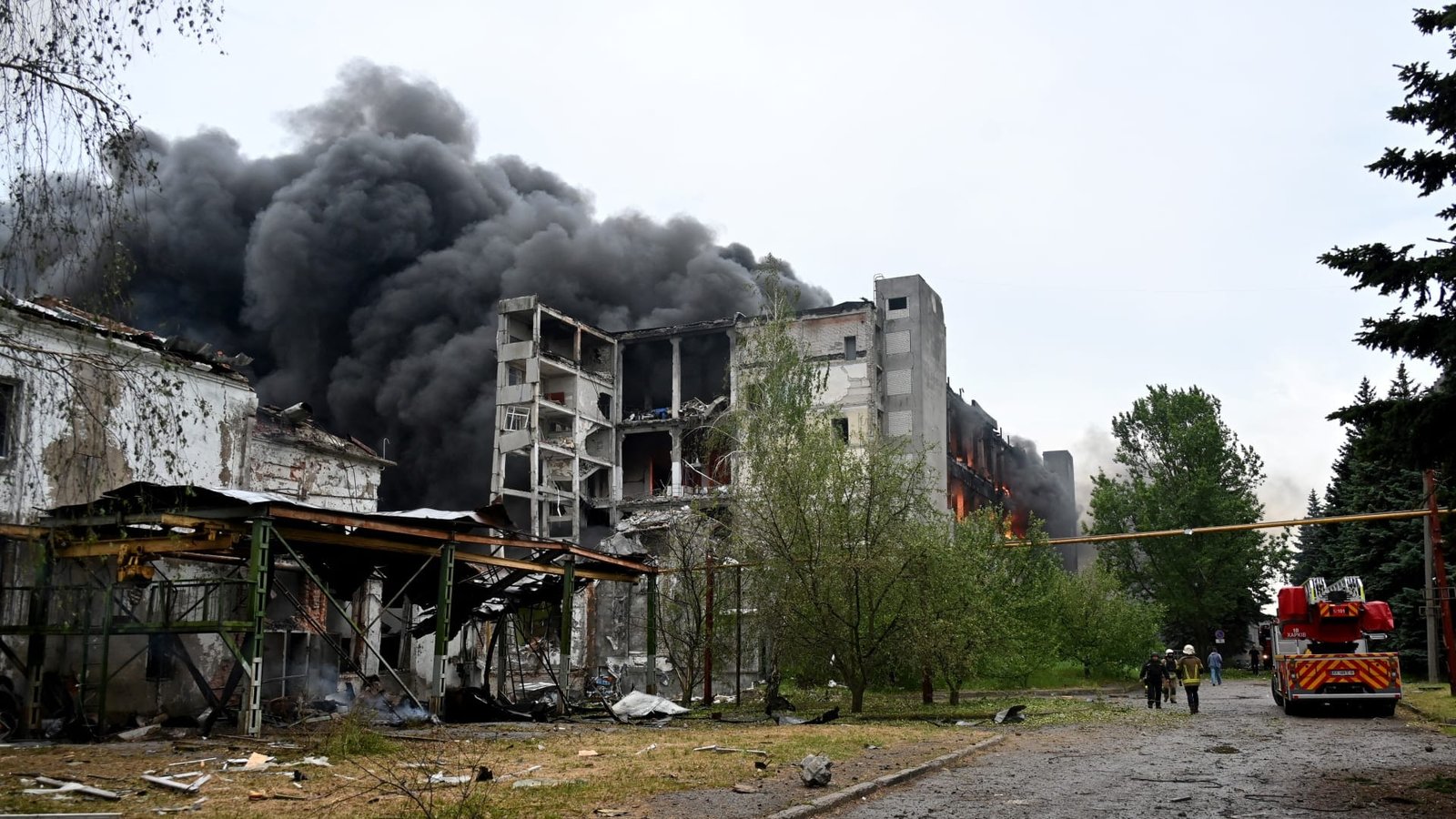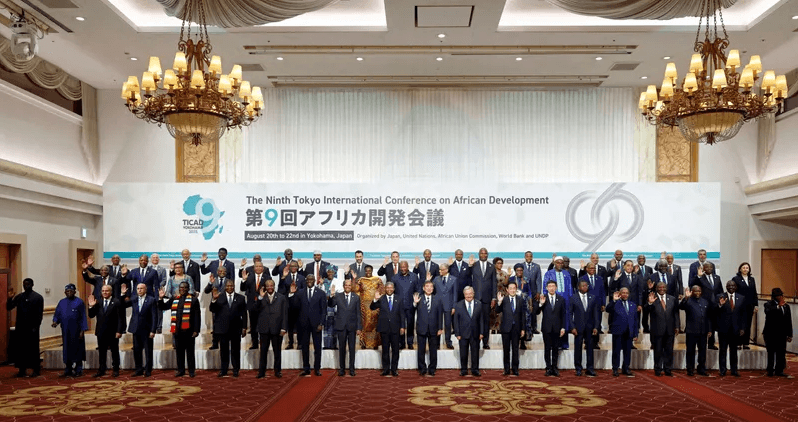Brussels, Belgium – Kaya Kallas, the EU High Representative for Foreign Affairs and Security Policy, emphasized that the reimposition of sanctions on Iran does not mean closing the door to dialogue with the country. She emphasized that a sustainable solution to the Iranian nuclear crisis remains at the negotiating table, not through pressure alone.
Commitment to the UN Security Council resolution
In an official statement, Kallas clarified that the European Union will abide by the UN Security Council resolution to reimpose economic and military sanctions on Tehran. This comes ten years after they were suspended under the 2015 nuclear agreement. However, this commitment will not prevent Brussels from pushing for a new negotiating track. The aim is to ensure security concerns are addressed and to reintegrate Iran into the international system.
The European official’s remarks came after Britain, France, and Germany activated the “snapback” mechanism, which allowed for the automatic return of sanctions. This came against the backdrop of accusations that Iran was continuing its nuclear escalation. Additionally, it was reported that Iran was refusing to cooperate with the International Atomic Energy Agency.
What do the sanctions target?
The re-imposed sanctions target vital sectors of the Iranian economy, including uranium enrichment, arms trade, and the ballistic missile program. This brings the situation back to square one, prior to the signing of the historic Vienna agreement in 2015.
Analysts believe that the European position reflects an attempt to balance adherence to international resolutions on the one hand and maintaining a window for political and diplomatic dialogue with Tehran on the other. This comes especially in light of fears that mutual escalation could destabilize the Middle East. The region is already suffering from intertwined crises.
Observers point out that the return of sanctions may increase economic pressure on Iran. At the same time, it may push it toward further hardline policies.




